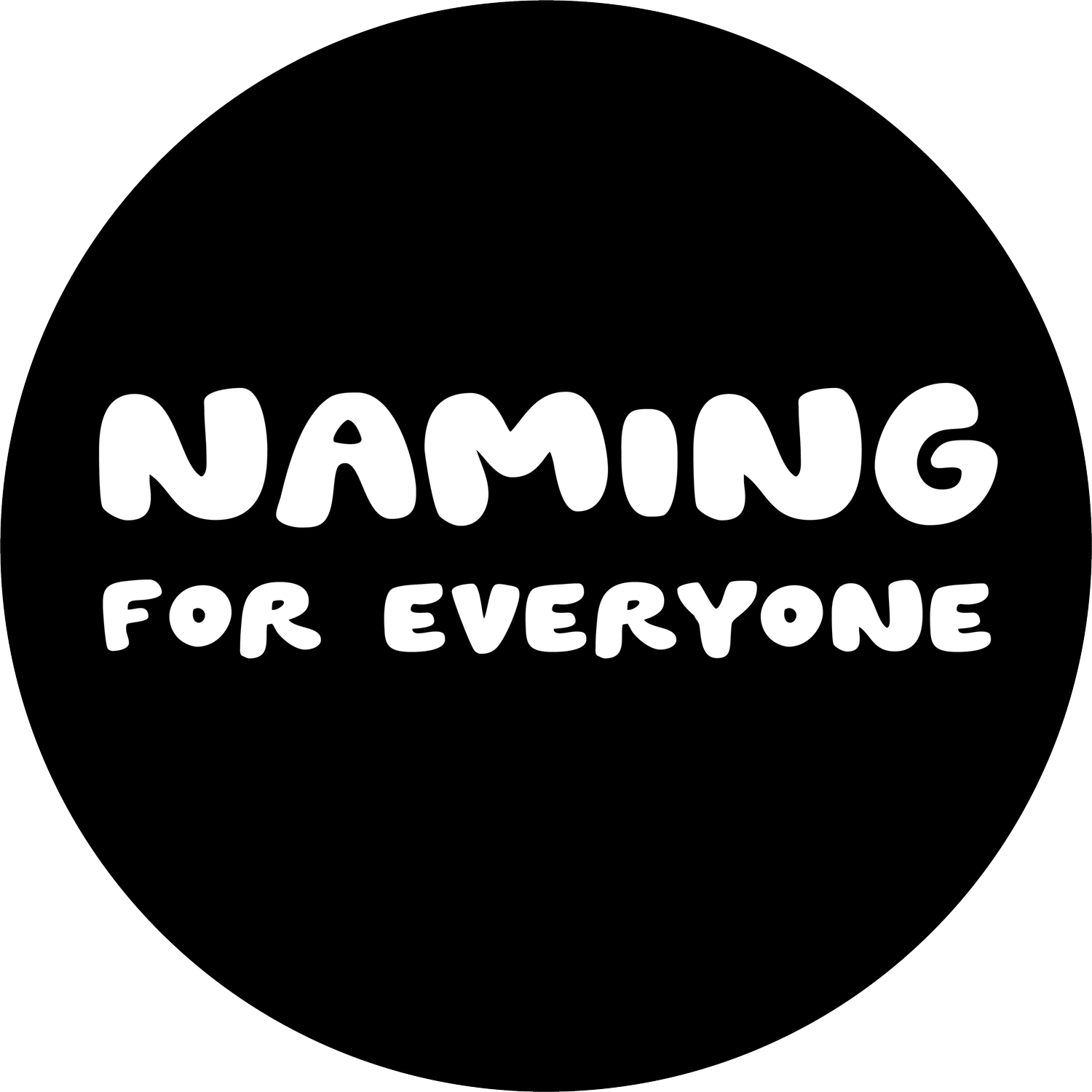How to Filter Out Naming Risks and Conflicts
Learn to navigate trademark, linguistic, common law, and other types of risk to increase your name candidates' chances of winning.
-
-
Well understood = well managed
Nothing ruins a great name like learning you can't use it. Let’s talk about what stands in the way of a name’s successful use in the market, and what you can do to help your favorite names win.
Nothing ruins a great name like learning you can't use it. Let’s talk about what stands in the way of a name’s successful use in the market, and what you can do to help your favorite names win.
-
-
-
-
-
The benefits to your clients, your business, and the audience of the name
There is immense value in understanding the potential downsides of a name—not just for your client, but for the audience they want to reach, and the business you’re running.
There is immense value in understanding the potential downsides of a name—not just for your client, but for the audience they want to reach, and the business you’re running.
-
-
-
Taking your names through each gate requires a different mindset—and set of tools
For each of the seven gates of naming risk, we'll cover:
Why it's worth it to filter for that type of risk
The question you should ask at the start of each engagement to make sure everyone is aligned about how to handle it
The tools, experts, and resources you can count on to help you uncover risk in that area
Strategies to know about
For each of the seven gates of naming risk, we'll cover:
Why it's worth it to filter for that type of risk
The question you should ask at the start of each engagement to make sure everyone is aligned about how to handle it
The tools, experts, and resources you can count on to help you uncover risk in that area
Strategies to know about
-
Trademarks
If you can't be pretty sure a name doesn’t obviously infringe on the rights of names that are already registered, you shouldn't recommend it.
If you can't be pretty sure a name doesn’t obviously infringe on the rights of names that are already registered, you shouldn't recommend it.
-
Trademark strategies to know about
A few strategies and tools to support your efforts to eliminate obvious risks.
A few strategies and tools to support your efforts to eliminate obvious risks.
-
Assignment: Explore exact-match searching in the USPTO database
Explore a trademark database to understand the basics of how trademarks are registered.
Explore a trademark database to understand the basics of how trademarks are registered.
-
Linguistics
If you offend audiences, give them a name they don't know how to pronounce, or say something (unintentionally) that doesn't support the rest of your brand building, you're going to have a hard time convincing them that you respect them.
If you offend audiences, give them a name they don't know how to pronounce, or say something (unintentionally) that doesn't support the rest of your brand building, you're going to have a hard time convincing them that you respect them.
-
Linguistics strategies to know about
Some creative strategies for names with *a little extra baggage* and a few watchouts as you check names for issues.
Some creative strategies for names with *a little extra baggage* and a few watchouts as you check names for issues.
-
-
-
Cultural conflicts
How to search for potential issues with a name that aren’t necessarily going to arise through your trademark or linguistic evaluations.
How to search for potential issues with a name that aren’t necessarily going to arise through your trademark or linguistic evaluations.
-
Cultural conflict strategies to know about
A negative or unintended cultural connotation doesn’t have to be disqualifying.
A negative or unintended cultural connotation doesn’t have to be disqualifying.
-
Common-law issues
Common-law trademarks give brands protections for non-registered uses of trademarks: if they’ve used a name in association with selling their goods and services, they might have some ability to claim some ownership over it.
Let’s learn about what that means.
Common-law trademarks give brands protections for non-registered uses of trademarks: if they’ve used a name in association with selling their goods and services, they might have some ability to claim some ownership over it.
Let’s learn about what that means.
-
Mindshare friction
A mindshare issue can involve using language that comes across as riding a competitor’s coattails, or being a copycat—even when that competitor doesn’t technically “own” the language you’re using.
A mindshare issue can involve using language that comes across as riding a competitor’s coattails, or being a copycat—even when that competitor doesn’t technically “own” the language you’re using.
-
Mindshare strategies to know about
Understand what associations audiences are likely to make as you make your naming recommendations.
Understand what associations audiences are likely to make as you make your naming recommendations.
-
Namers hate dot com domain requirements :)
-
Creative ideas for getting around dot com availability.
-
Other project-specific demands
Sometimes, the thing that could make or break a name isn't anything you're accustomed to look for.
It's good to pause at the start of a project and ask yourself and your client what that might be, and factor this either into your search, or to flag to your client that that step might fall to them.
Sometimes, the thing that could make or break a name isn't anything you're accustomed to look for.
It's good to pause at the start of a project and ask yourself and your client what that might be, and factor this either into your search, or to flag to your client that that step might fall to them.
-
-
-
-
